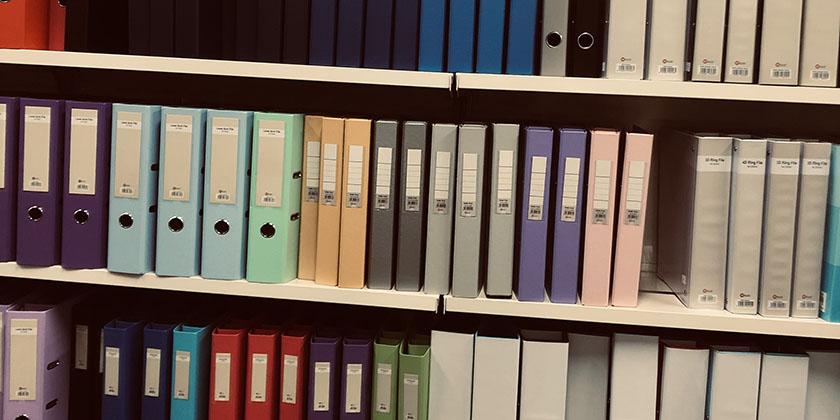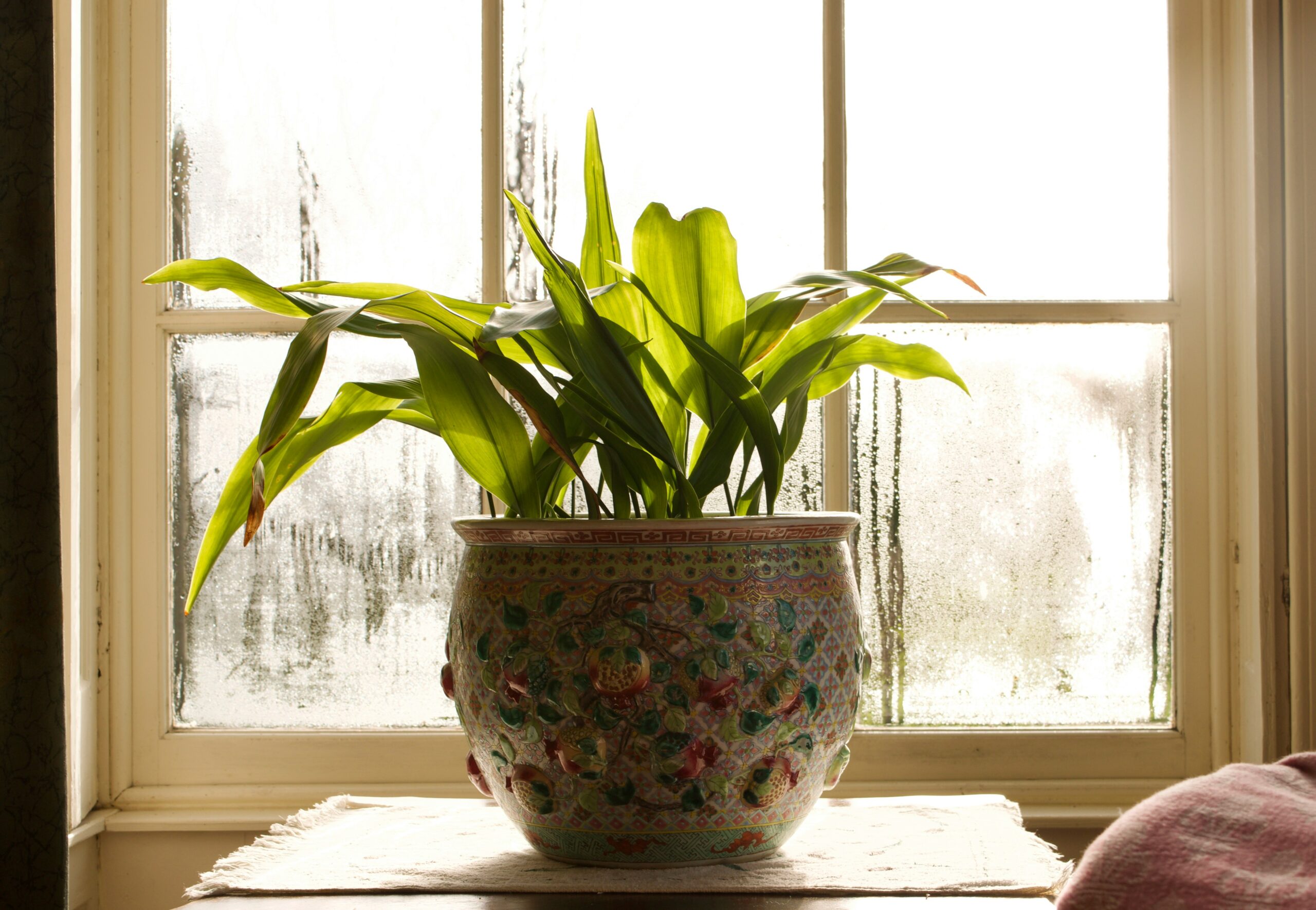I’ve been planting seeds to stay alive. Placing pots in our hallway so that I can keep an eye on things. A chilli plant has crept its way skywards. The tomatoes are thriving. It is something to smile about.
I grow my own food by sharing a garden with six other people. Last year it was five, or more. In ten months, I haven’t laid a finger on the soil here. I look from the window, where cats and foxes and birds make the land their own. Scurrying, leaping, prowling.

But you are relentless. You have an ego, the one beyond self-esteem and self-awareness. You have a purpose. You don’t want to just tell a story. You want to tell that you are a writer. Yes, You fell. But you stood back up. You grew. You felt embarrassed by the mediocrity of your past writings. You trained. How? You built, designed, reprogrammed, and neatly labeled your material – your human experiences, the sensory information, your interpretations of the world around you. You took complete control of your thoughts in response to the prompts from your random life. You went back, retracing the same steps through which we built the AI. You even trained yourself to write tricky prompts. Just to spite that AI writer. Because you can’t wait to kick its ass. You are the writer, the culmination of everything you are, and all that is between the conscious and the unconscious.
Grow Your Own Food
I love that there are no shortcuts when it comes to setting up a plot or a garden. You usually have to start from scratch. As an impatient person, being forced to take it slow is often frustrating, but beneficial too. Gardening is a much more fruitful time investment than staying home feeling guilty about missing another jog. Weeds need cutting and digging out, and wind and sun conditions need judging. We must get to know something thoroughly before we dive in.
I think back to the Time We Spent Inside and remember us working on our laptops in living rooms and kitchen tables, envious of those with home offices. Blurring lines between work and play. Suffocated. The only salvation was walking with T in the park, buying brownies from the van on the top of the hill. Bottled beer and Scrabble on blankets. Sitting on a bench smiling with S and her dog. Being outside.
We keep to ourselves in London. The street parties are brief intervals between neighbourhood watch quarrels. This is pessimism, sure. We’re bred on the stuff here. But there are Good People around. The ones who check in on those who live alone. Who hand parcels of cake over fences and kick the ball back over. The Bad Year taught us to hold on to those people, even when we couldn’t reach out and touch them.
From the Anglo-Saxons to the wartime gardeners, we have been stubborn people. Determined to Do It Ourselves. Now, we have the Internet in our back pockets, YouTube tutorials reminding us that with seeds and soil, we can do it. We can make something with our lives. Something real.
So, the allotment. The plot we call our own. Somewhere that with the help of a spade, wheelbarrow and a few bin bags, you can feel like a hero. The kind of hero who wanders through herby corridors, stroking sage leaves and carrot tops, contemplating which courgette recipe to turn to next.
When I think of a garden, I think of a sanctuary. Somewhere to sink into when feeling unmoored. When I think of an allotment, it feels more exposed. Sociable, sure. But too far from home to fit into the comfort bubble. Yet it seems far more appealing than a busy gym, a crowded climbing wall. An allotment is somewhere to wander in solitude or to invite a group to get stuck in.
I often speak enviously of those who can leave an office behind at the end of a workday. Not to say that they don’t carry the thoughts of work with them, but a physicality. To arrive home and to feel the sensation of an exhale. This is what I imagine it is like with an allotment. Somewhere you can clear your mind and focus only on small things: sprouting seedlings, compost quality, shed painting. I imagine hiding from the rain, sitting on a sheltered log or a bucket, and listening to the splutter of raindrops. And not feeling miserable or damp, but free.
Then there’s the routine element. For those of us without offices to go to, the concept of having somewhere to go – somewhere to be welcomed – is a soothing notion. Imagine, taking a portable kettle instead of forking out £3 on an oat latte in exchange for a few hours of scribbling in a cafe.
In the bleakest months, weeks and days, there is the opportunity to slow down, to crouch above the soil and look at how far we’ve come. By contrast, in rented properties, where we might be forbidden to hang posters or paint a washing machine purple, this feeling of transformation is more difficult to reach.
We might be looking at a wellness trend that might actually save us all. Somewhere all generations can feel safe to retreat to. A therapeutic space to visit, where you can plan and grow your own food we want to. But there is no pressure. You could sit and have a cup of tea, and strike up a conversation with your green-fingered neighbour. Watching the wild take over.
Essay/Article commissioned by: TDLM Editorial
Written by: Mia Rodriguez
[Marketing Manager; Feeder ; Writer]Graphics/Art/Illustration by: TDLM Design Team
‘A Londoner’s Allotment of Life in Earth – Growing your own food’ First Published in The Daily Life Magazine on March 16, 2023











 Report This
Report This
Leave a Reply
You must be logged in to post a comment.